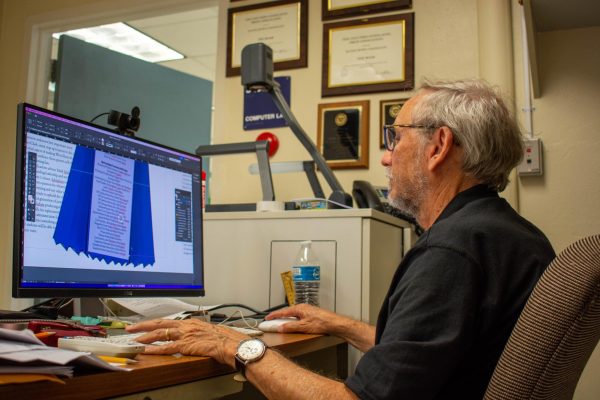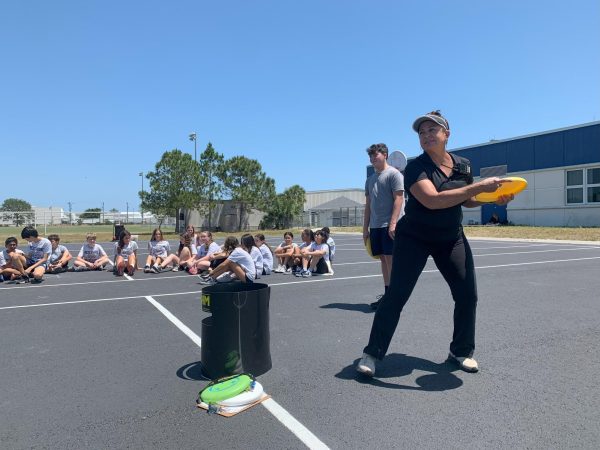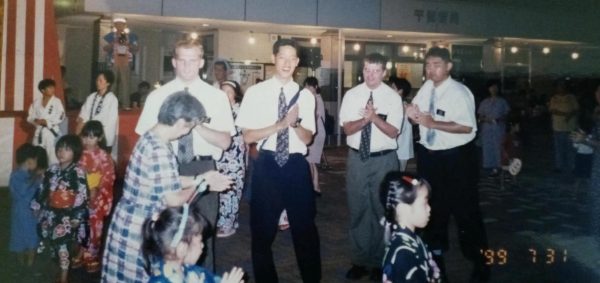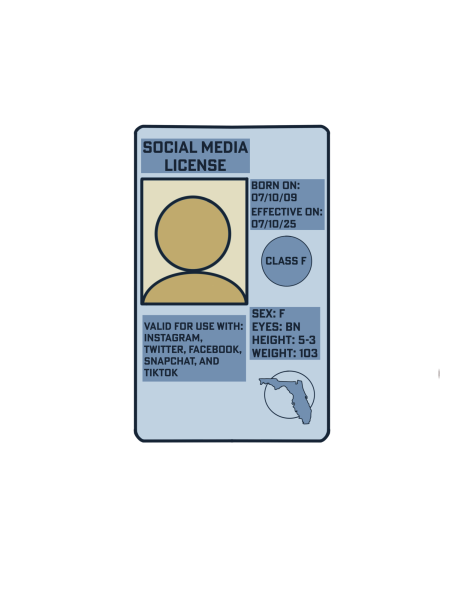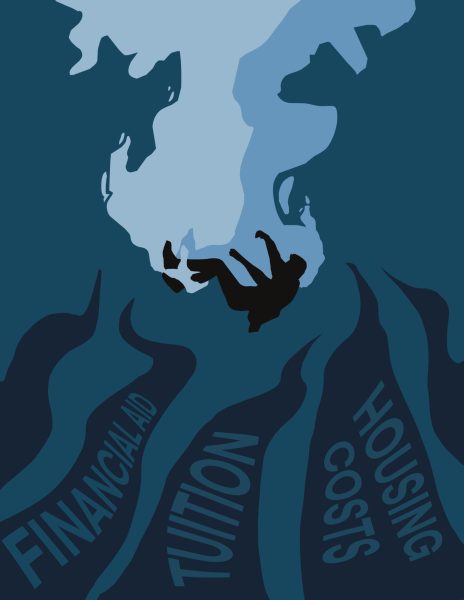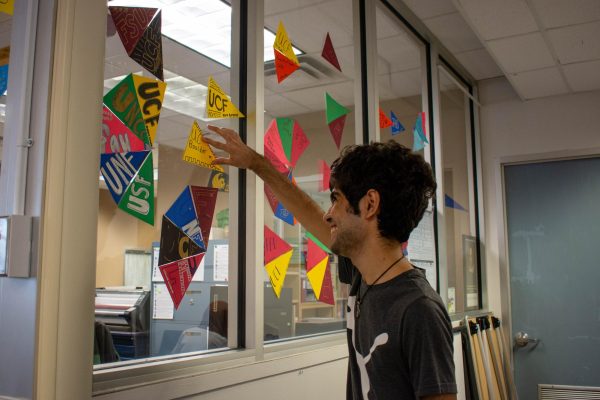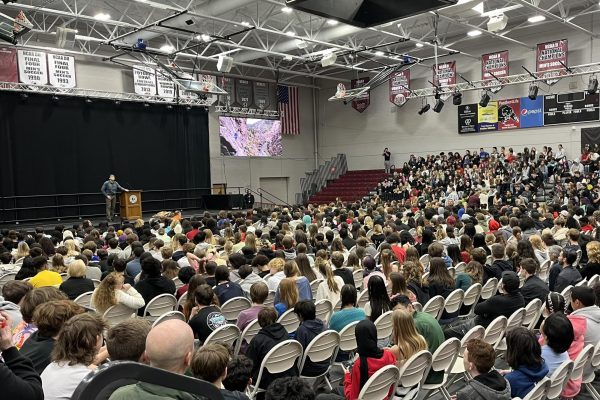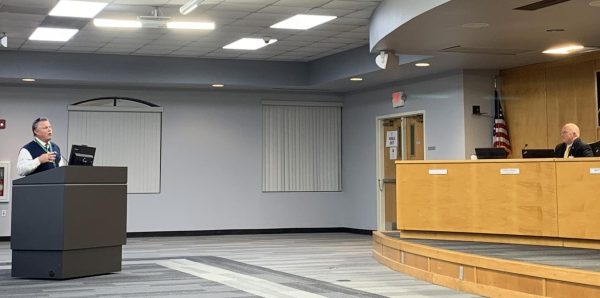Clubs will no longer meet during school day
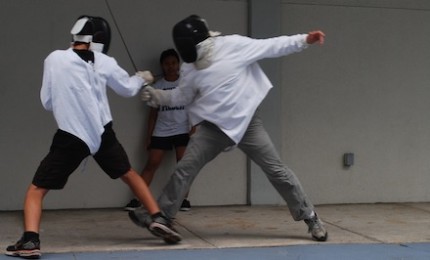
The Fencing Club, among others, could have a difficult time maintaining membership next year.
At the beginning of April, Student Government Association Sponsor Bob Sarver worked with club members to host a black-light volleyball tournament.
“There are a lot of activities that Student Government sponsors during the course of the year that are beneficial for the entire school,” Sarver said. “A lot of the planning for these events goes on during school.”
But Sarver and SGA might not be able to hold as many fundraisers next year. Due to the elimination of corridor busing and a second planning period for all secondary-school teachers, the administration has decided to eliminate clubs days, traditionally held every other Monday, pushing those activities after school.
“Unfortunately, something has to give,” Principal Rick Fleming said. “Our clubs have historically been held during the instructional day because those kids who live way beyond our attendance area were not able to participate in clubs if they were held after school. No longer bound by the constraints of corridor busing, we can have [clubs] before and after school because students are providing their own transportation.”
Fleming said clubs such as National Honor Society, Student Government Association, Beta Club and National Junior Honor Society, will meet on scheduled days with their sponsors because they are supplemental clubs, for which a teacher is paid a stipend to sponsor the club.
“The clubs that I think are going to suffer from this are the clubs that teachers have done historically out of the goodness of their heart and that they have had a passion for: Scrabble Club, Fencing Club, Rubik’s Cube Club,” he said. “When it was done during the instructional day in the past, it was much easier for [teachers] to do it because it wasn’t a whole lot of prep and they were here anyway. But now, asking them to stay after school or before school to do something that they are not paid to do would be a stretch.”
On April 11, a student representative and multiple faculty members, including guidance counselor Glenda Lovel, gathered for a club committee meeting. Lovel supported the idea of holding clubs after school.
“For the bulk of a lot of the kids that I have talked to, clubs are not that important to them,” she said. “So with everything else happening, I thought, maybe it’s better for a little more time in the classes.”
Junior Ryan Robidoux, member of the Team Sports Club, said he will be unaffected by the shift.
“In team sports, some people play basketball, some people play soccer, and some people play football,” he said. “We do not plan events or hold fundraisers. So, it would be a waste of time to hold the club outside of school.”
Lovel said it appears that members of organizations such as National Honor Society and SGA will make it a point to participate in the club for after-school meetings, but Sarver disagrees.
In an informal poll, half of the high school Student Government members said they would not participate if they had to meet after school.
“If [the school] wants to have clubs, then they need to provide them the opportunity to be as beneficial as possible rather than just continue them as an afterthought,” Sarver said.
Keiran Sheridan, the student representative for the club committee and the SGA president-elect, also said clubs should be kept during school.
“[Clubs] give students an opportunity to learn a new skill, participate in something they are passionate about and join groups that make a difference in the school or the community,” Sheridan said. “Many clubs offer leadership opportunities for students which is a graduation requirement and look good on college applications.”
Sheridan, the current treasurer of SGA, said the club would be deprived of the opportunity to represent the student body if it had to hold meetings outside of school.
“If clubs are after school, not as many people would be able to participate, making the student government’s decisions less reflective of the rest of the student body,” she said.

